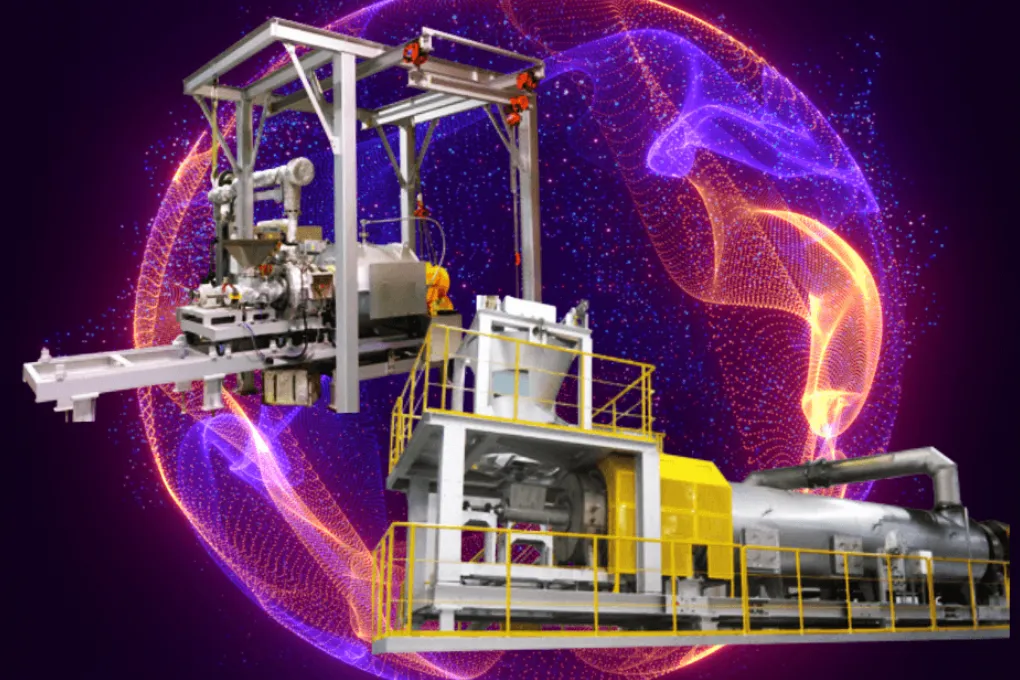
Superheated steam (SHS) is a state of steam that occurs when saturated steam is further heated, resulting in a high-energy, colorless, transparent gas. It is widely used in industrial processes and power plants due to its high energy density and thermal efficiency. SHS enables rapid heating through combined heat transfer methods, including convection, radiation, and condensation, and it can create an extremely low-oxygen atmosphere, which helps suppress oxidation and allows for carbonization processes. These properties make SHS applicable in various fields.
In the automotive industry, SHS is used for cleaning and degreasing aluminum alloys, while in the metals sector, it is employed to clean and degrease copper alloys and special metals after machining. In the environmental field, SHS is used for recovering valuable metals and for thermal decomposition of organic matter. In the chemical powder sector, SHS is used for drying, calcination, and removal of organic substances.
SHS systems have several key features. First, SHS provides an effect equivalent to inert gas, allowing for oxidation suppression and the production of high-quality treated materials. Additionally, energy recycling systems maximize the use of energy from the treated materials and waste heat, enhancing energy-saving effects. The systems are optimized to meet customer needs, with options such as electric heaters, waste heat boilers, and heat recovery methods available.
SHS systems are particularly energy-efficient and allow for stable operations. Furthermore, validation tests are conducted to design systems that meet customer requirements, ensuring that safety, efficiency, and product quality are improved before system implementation.
